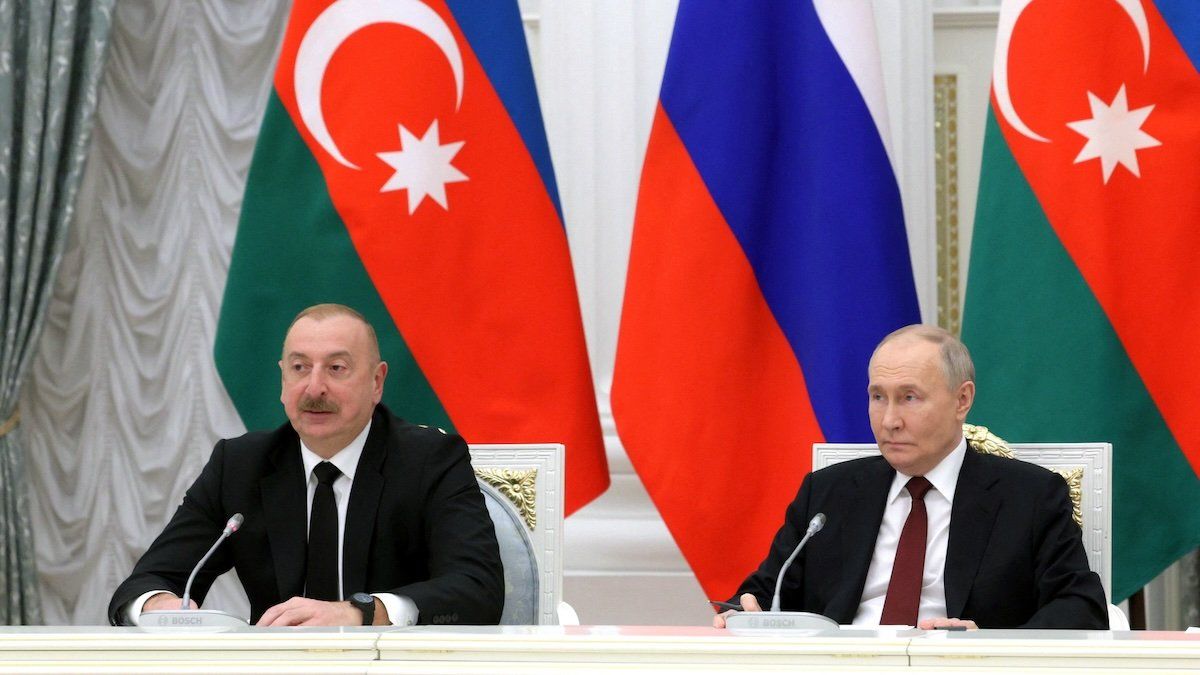Armenia and Azerbaijan move toward peace deal as Russia’s influence dwindles
Armenia and Azerbaijan, historic rivals that have fought several wars since the collapse of the Soviet Union, are finally moving toward a peace settlement.
In a significant concession to Baku, Armenia said late last week it would hand over several border villages it’s controlled since the 1990s. “This is one more positive step toward a broader peace deal likely getting signed before the end of this year,” says Tinatin Japaridze, an expert on the region at Eurasia Group.
But Yerevan also didn’t have much of a choice. Armenia lost much of its leverage last September when Azerbaijan regained full control of the long-disputed Nagorno-Karabakh region — a historically contested enclave that the two countries repeatedly fought over.
This new development is also just one piece of the puzzle and “definitely not the end of the saga,” Japaridze says, as other territorial disputes remain. Not to mention, the government in Armenia is already facing domestic pushback over this new border deal. And even if Baku signs a broader peace agreement, there’s no guarantee that it won’t take military action against Armenia in the future.
Along these lines, getting a final peace deal across the finish line and making sure it sticks will likely require the help of a third party. But in a break from the past, it seems that Russia is less likely to play this role.
Declining Russian influence For years, Armenia, a former Soviet republic, looked to Russia as a key partner. But Armenia felt abandoned by Moscow as it did little to prevent Azerbaijan from seizing Nagorno-Karabakh. Yerevan is increasingly turning to the West in this new era, as Moscow’s influence in the South Caucasus region dwindles while its attention is focused on the war in Ukraine and problems at home.
“Russia is visibly losing some of the clout that it had had after the collapse of the Soviet Union,” says Japaridze. This could provide an opportunity for the EU or Washington to swoop in and boost their influence in the region, though it’s too early to tell.
But Russia is also unlikely to stand on the sidelines if it sees Western adversaries garnering closer ties in its historic neighborhood.
“Armenia is at the top of the list in terms of Moscow maintaining its influence in the South Caucasus. And I think it's an important one for them to have to continue to stay engaged with. But, in terms of the influence, it is certainly dwindling,” says Japaridze.
